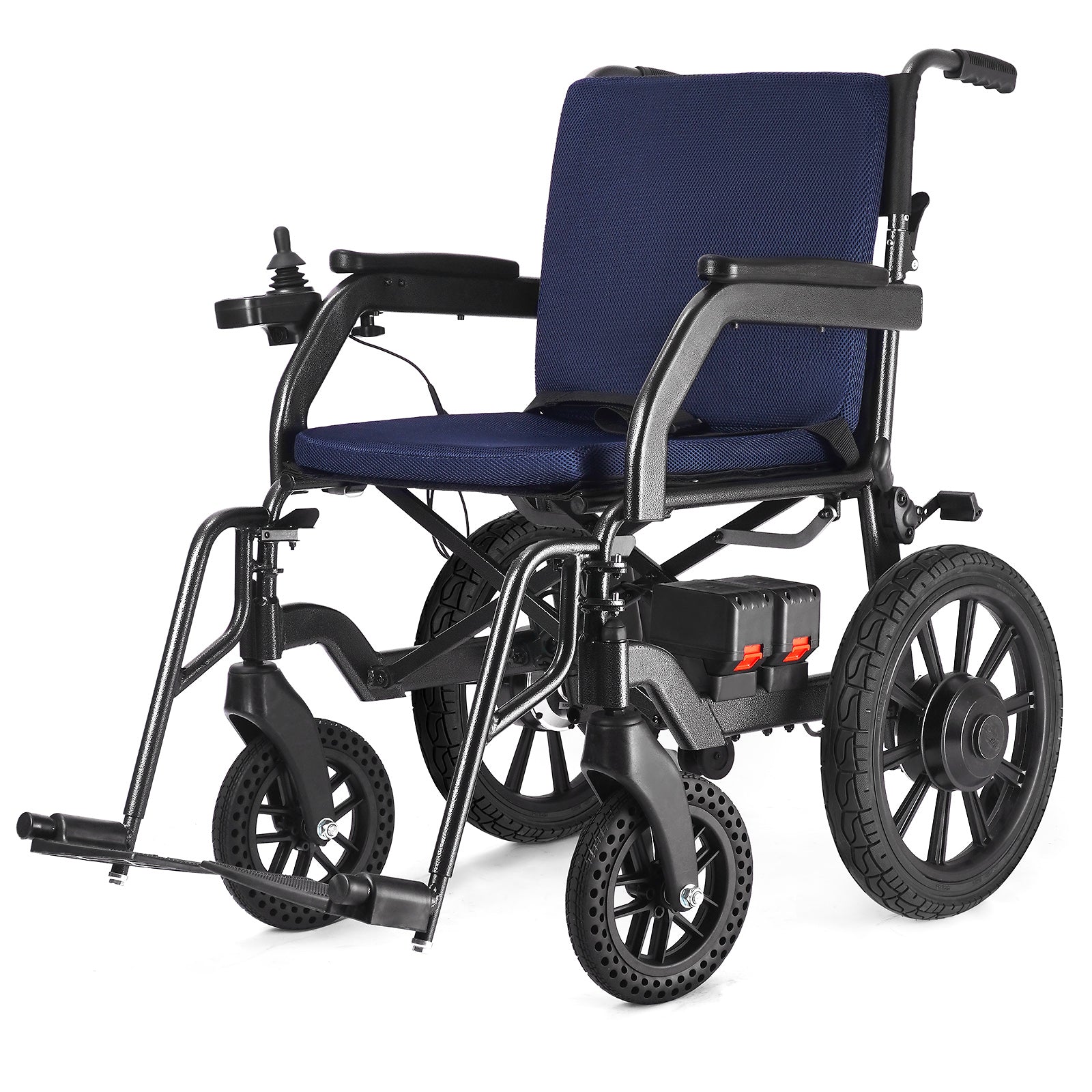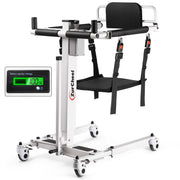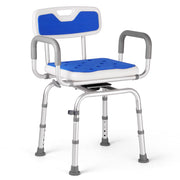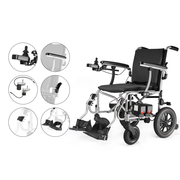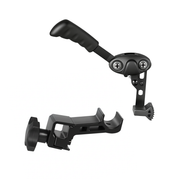How to Make Your Home More Accessible: Simple Renovation Tips
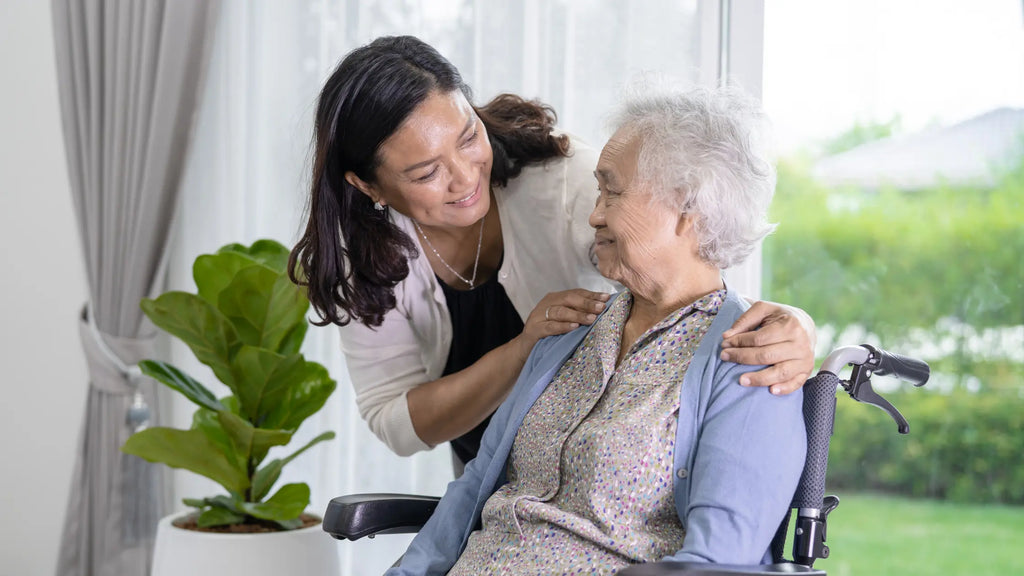
When it comes to creating a comfortable living environment, accessibility is key—not just for those who use wheelchairs or mobility aids, but also for families with young children, older adults, or individuals recovering from an injury. Making your home more accessible can significantly improve safety, comfort, and independence while reducing the risk of accidents.Here are 10 simple renovation tips to help you transform your home into a more accessible space:

1. Install Non-Slip Flooring
Non-slip flooring is essential for preventing falls. Consider replacing slippery tile or hardwood floors with anti-slip materials, such as rubber flooring or specialty tiles designed for safety.
2. Widen Doorways and Hallways
Standard doorways are often too narrow to accommodate wheelchairs or mobility aids. Widen door frames by at least 36 inches and ensure hallways are clear of obstacles to allow smooth movement.
3. Add Grab Bars in the Bathroom
Bathrooms can be dangerous places, especially for individuals with limited mobility. Install grab bars near the shower, tub, and toilet to provide extra support and stability.
4. Replace Thresholds with Flush Doors
High or uneven thresholds can make it difficult to move freely between rooms. Replace them with flush doors that are level with the floor for seamless transitions.
5. Install an Adjustable Height Table
If you have family members who use wheelchairs, consider replacing a standard dining table with an adjustable one that allows for easy seating and access.
6. Lower Cabinets and Shelving
Reorganize your kitchen or pantry by lowering cabinets and shelving to make items more accessible without the need for standing or reaching.
7. Use Soft Lighting
Good lighting is essential for visibility, especially in low-light areas. Install motion-activated lights or LED strips under counters and shelves to illuminate pathways and reduce tripping hazards.
8. Add Ramps for Outdoor Access
If your home has steps, consider adding a ramp to make outdoor access easier for everyone. Ensure the ramp is wide enough (at least 36 inches) and has handrails for added safety.
9. Improve Seating Comfort
Ergonomic seating can help individuals sit or stand with ease. Invest in chairs with built-in armrests, back support, and cushioning to promote comfort and independence.
10. Label Cabinets and Storage Spaces
Organize your home by labeling cabinets, drawers, and storage spaces clearly. This helps everyone locate items quickly and reduces clutter.


